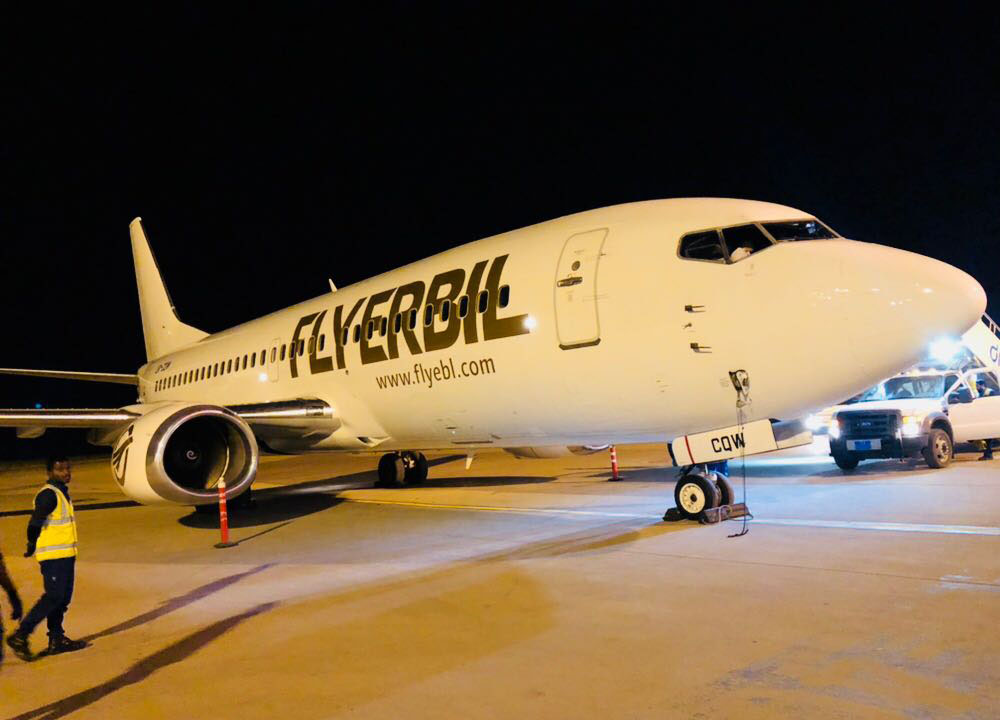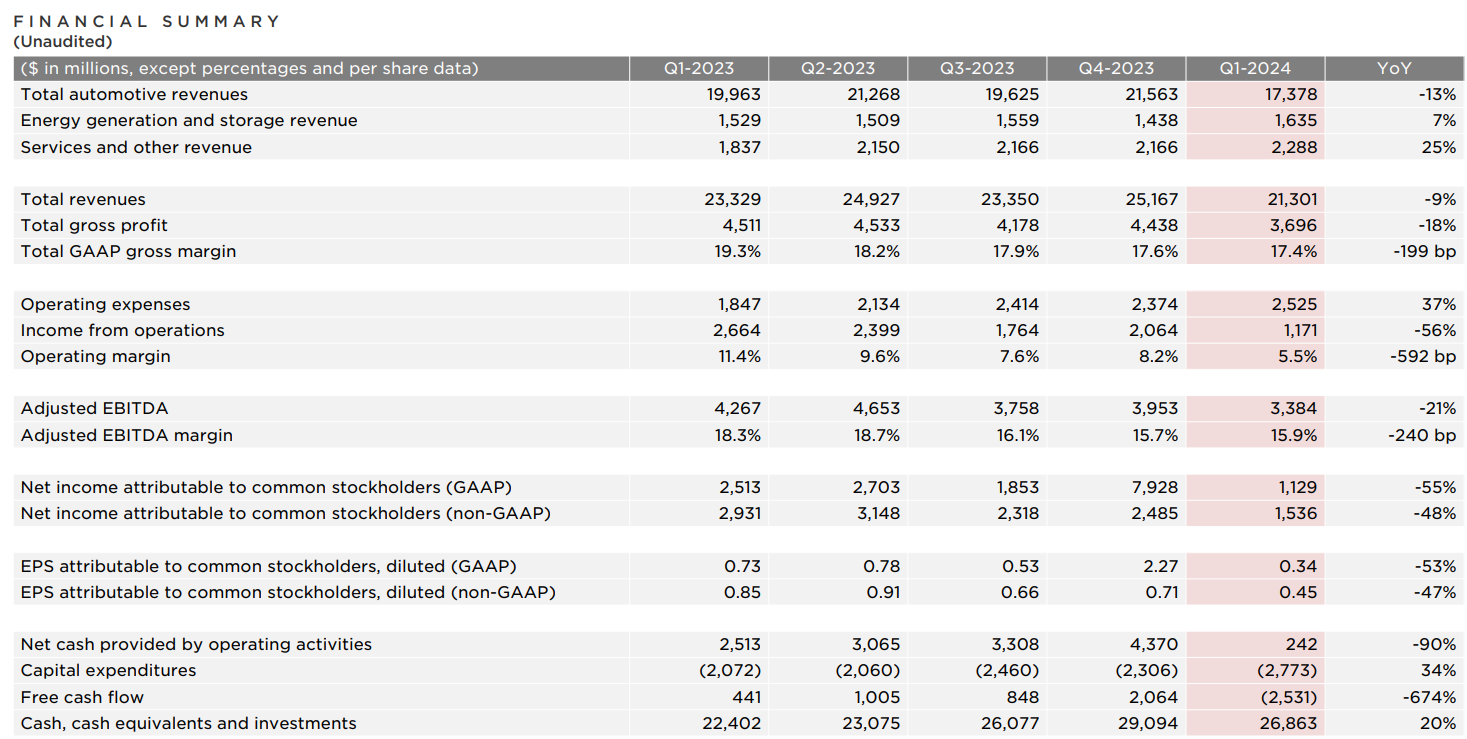Deportation Flights: A New Revenue Stream For A Startup Airline?

Table of Contents
1. The Market Demand for Deportation Flights
Governments worldwide face the constant challenge of managing deportations. This creates a consistent, albeit often overlooked, demand for air transportation. The viability of deportation flights as a business model hinges on understanding this demand and navigating the complexities of the market.
Government Contracts and Bidding Processes
Securing contracts for deportation flights requires a deep understanding of government procurement processes. These processes vary considerably across countries, often involving competitive bidding and stringent requirements.
- Competitive Landscape: Existing players in this market include established charter airlines and specialized transportation companies. Startup airlines face competition from these established entities. Government regulations, including safety standards and security protocols specific to deportation operations, significantly impact participation.
- Niche Specialization: A startup airline could gain a competitive edge by focusing on a niche market, such as regional deportation flights within a specific continent or between countries with significant deportation flows. This allows for focused marketing and operational optimization.
Scale and Frequency of Deportations
The sheer scale of global deportations points to a potentially substantial market. Analyzing deportation rates in different regions is crucial for assessing the potential for consistent revenue streams from deportation flights.
- Global Statistics: Data from organizations like UNHCR and national immigration agencies reveals substantial annual deportation numbers, varying widely based on factors like immigration policies and political climates.
- Seasonal Variations: Deportation rates often fluctuate seasonally, influenced by factors such as weather patterns and the availability of ground transportation. A successful business model must account for these variations in demand.
2. Operational and Logistical Considerations for Deportation Flights
Operating deportation flights necessitates specialized knowledge and resources beyond typical commercial air travel. Specific aircraft, security measures, and legal frameworks must be meticulously addressed.
Aircraft and Infrastructure Requirements
The type of aircraft used for deportation flights depends on the scale of the operation and the distance involved. Security is paramount.
- Suitable Aircraft: Aircraft selection factors include passenger capacity, range, and security features. Larger aircraft offer economies of scale, while smaller ones may be better suited for regional operations.
- Security Measures: Enhanced security protocols are critical. This includes secure holding areas, trained personnel for escorting detainees, and robust communication systems.
Compliance and Legal Frameworks
Operating deportation flights requires navigating a complex web of international and national laws. Human rights considerations are paramount.
- International and National Laws: Compliance with international human rights conventions and national immigration laws is mandatory. Violations can result in severe penalties, including hefty fines and reputational damage.
- Human Rights Implications: Strict adherence to human rights standards is essential, requiring meticulous planning and execution to ensure the humane treatment of deportees throughout the entire process.
Crew Training and Security Protocols
Crew members require specific training to manage the unique challenges of deportation flights.
- Cultural Sensitivity Training: Given the diverse backgrounds of deportees, cultural sensitivity training is essential for crew members to ensure respectful and appropriate handling.
- Security Risks and Mitigation: Security protocols must address potential risks, such as in-flight disturbances or attempts at escape. Crew members need training to manage these situations effectively and safely.
3. Financial Viability and Profitability of Deportation Flights
The financial success of deportation flights depends on several factors, including pricing strategies, risk management, and efficient cost control.
Pricing Strategies and Revenue Models
Pricing for deportation flights is influenced by factors such as distance, number of deportees, government contracts, and the inclusion of additional services such as escort personnel.
- Pricing Models: Government contracts often involve fixed-price contracts or cost-plus contracts. Negotiating volume discounts can significantly impact profitability.
- Cost-Cutting Strategies: Efficient flight operations, optimized crew scheduling, and strategic fuel purchasing are crucial to maximizing profitability.
Risk Assessment and Mitigation
The specialized nature of deportation flights presents unique financial risks.
- Potential Risks: Contract cancellations, reputational damage due to incidents, and fluctuations in demand pose significant financial threats.
- Risk Mitigation: Developing comprehensive risk mitigation strategies, including robust insurance policies and thorough due diligence in selecting government contracts, is critical.
Conclusion
The viability of deportation flights as a revenue stream for startup airlines presents a complex picture. While the potential market demand exists, significant operational and logistical challenges, along with ethical considerations, must be addressed. Further research into the viability of deportation flights as a revenue stream for startup airlines is crucial, demanding a careful examination of the market dynamics, legal frameworks, and, most importantly, the ethical implications of such a specialized business model. A thoughtful and comprehensive assessment is necessary before any airline considers entering this challenging yet potentially lucrative niche.

Featured Posts
-
 Tesla Q1 2024 Earnings Net Income Down 71 Amidst Political Headwinds
Apr 24, 2025
Tesla Q1 2024 Earnings Net Income Down 71 Amidst Political Headwinds
Apr 24, 2025 -
 Chinas Rare Earth Squeeze Setback For Teslas Humanoid Robot Optimus
Apr 24, 2025
Chinas Rare Earth Squeeze Setback For Teslas Humanoid Robot Optimus
Apr 24, 2025 -
 127 Years Of Brewing History Ends Anchor Brewing Company To Close
Apr 24, 2025
127 Years Of Brewing History Ends Anchor Brewing Company To Close
Apr 24, 2025 -
 End Of Ryujinx Nintendo Contact Leads To Development Halt
Apr 24, 2025
End Of Ryujinx Nintendo Contact Leads To Development Halt
Apr 24, 2025 -
 The Disturbing Trend Of Betting On Natural Disasters The La Wildfire Example
Apr 24, 2025
The Disturbing Trend Of Betting On Natural Disasters The La Wildfire Example
Apr 24, 2025
